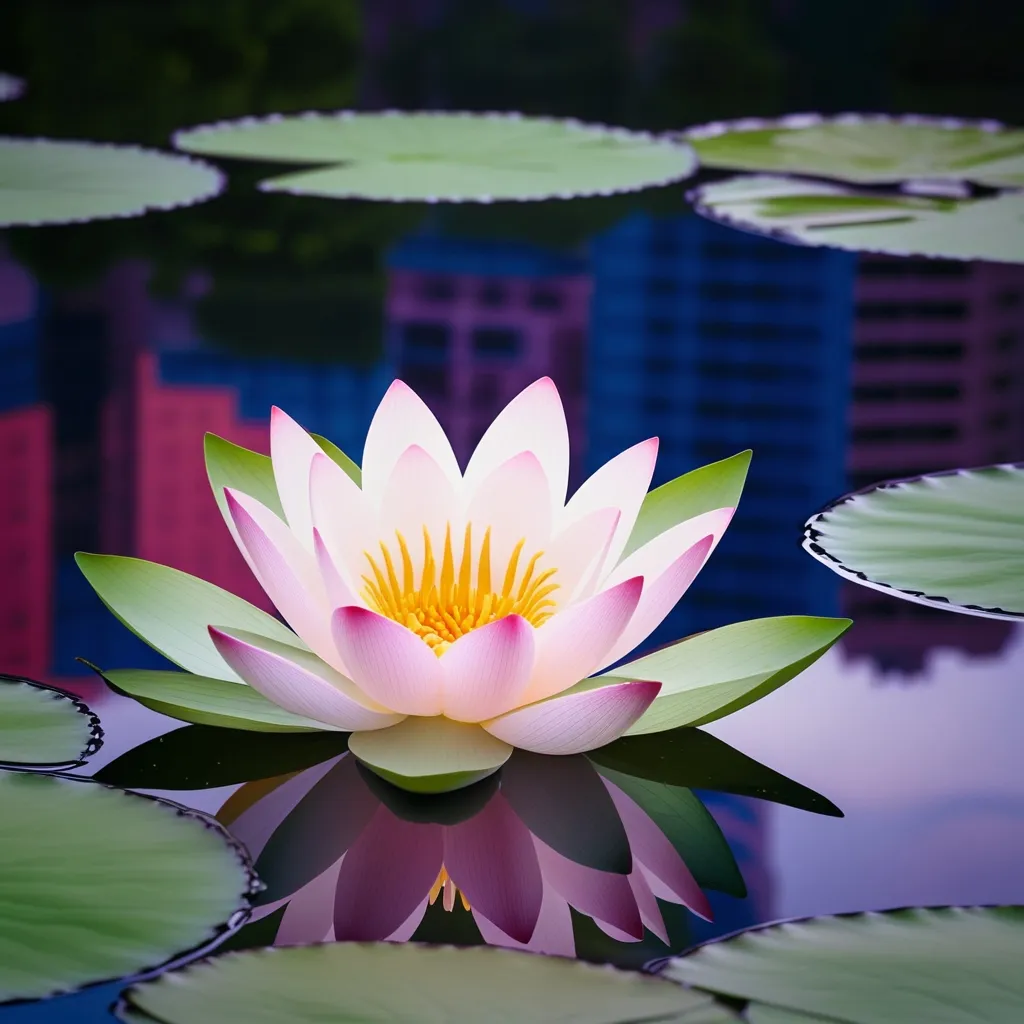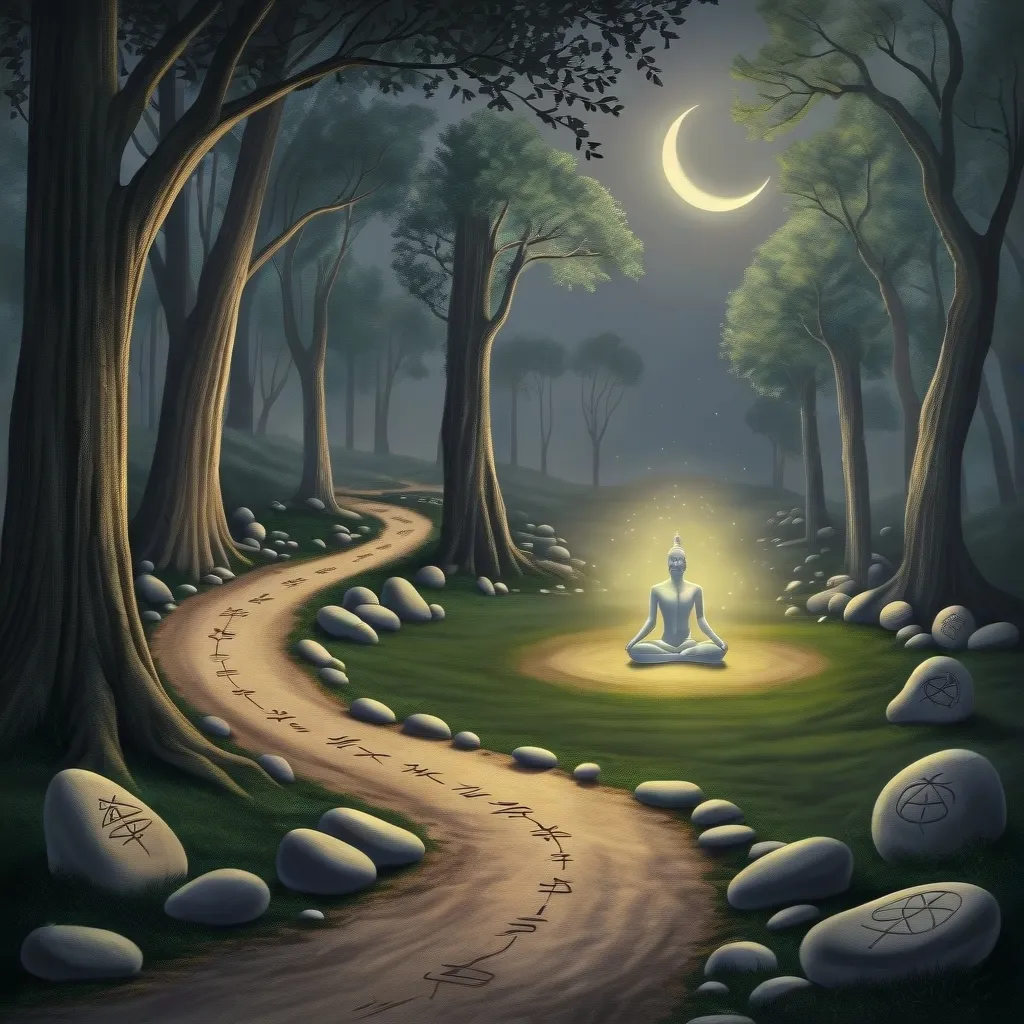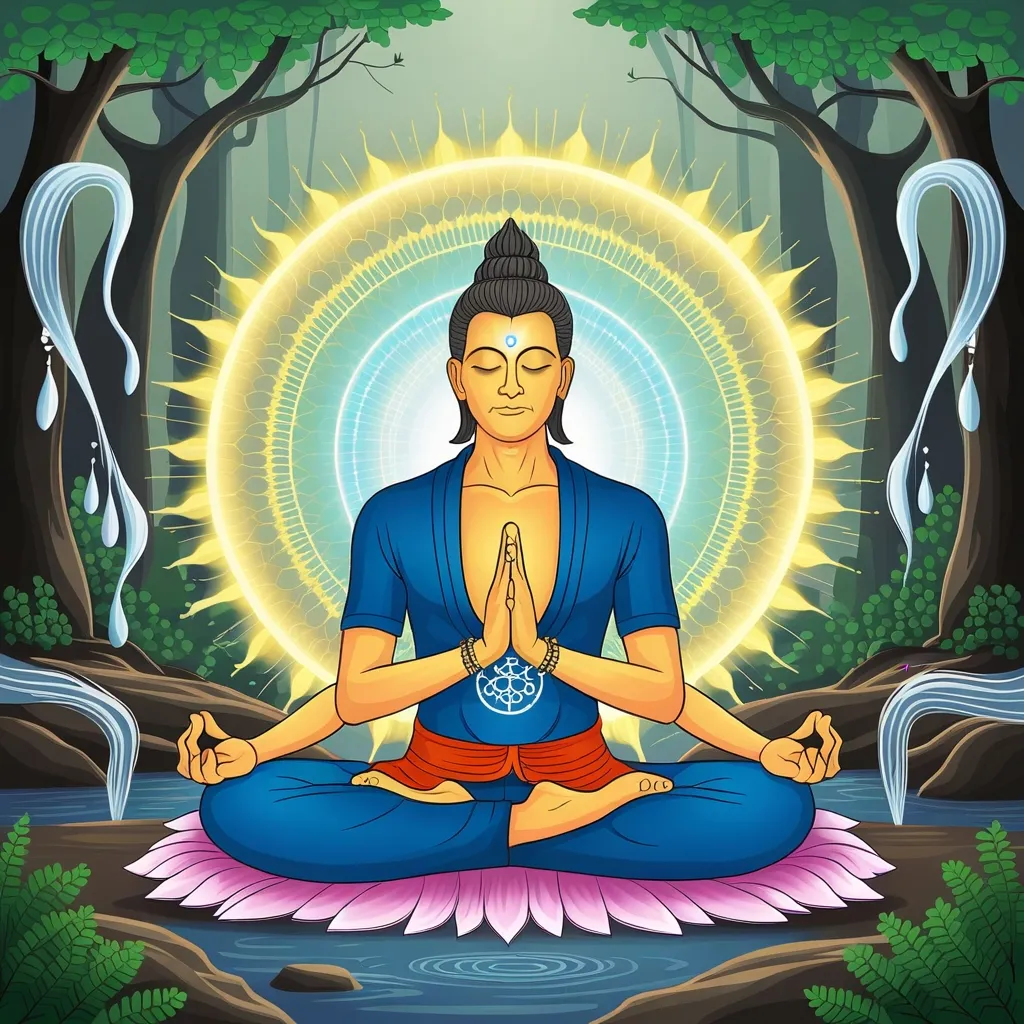Hey there! So, millennials are getting into Hindu philosophy big time these days. It’s pretty cool to see, and there’s a bunch of reasons why it’s striking a chord with the younger crowd.
First off, let’s talk about this whole quest for meaning thing. Millennials are all about finding something real and authentic in this crazy, fast-paced world we’re living in. Hindu philosophy? It’s got that in spades. We’re talking ancient texts like the Vedas and Upanishads that dive deep into the big questions about life, the universe, and everything. It’s not just surface-level stuff – it’s the real deal.
Take the idea of “dharma” for example. It’s all about finding your purpose and living with integrity. That’s something a lot of millennials are really vibing with. They’re not just after a fat paycheck or a fancy job title. They want to feel like they’re making a difference and living a life that matters.
Now, here’s the kicker – Hinduism isn’t all strict rules and regulations. It’s pretty chill when it comes to letting people explore their spirituality in their own way. There’s no big boss telling you exactly what to believe or how to practice. That freedom is like catnip for millennials who are all about doing their own thing.
But don’t think it’s all just fuzzy feelings and good vibes. Hindu philosophy has some seriously practical wisdom to offer. The Bhagavad Gita, for instance, is like a guidebook for life. It’s got advice on everything from how to deal with stress to finding your purpose. And in today’s world, where everyone’s juggling a million things at once, that kind of guidance is pure gold.
Speaking of the modern world, let’s talk about how technology and globalization are playing into all this. The internet has blown the doors wide open when it comes to accessing information about different cultures and philosophies. Millennials can dive into Hindu texts and teachings without ever leaving their couch. It’s like having a spiritual library at your fingertips.
And with the world becoming more connected, people are getting exposed to all sorts of different ideas and perspectives. It’s creating this melting pot of wisdom where Eastern philosophies like Hinduism are getting a chance to shine.
Now, don’t get me wrong – it’s not all smooth sailing. There are still a lot of misconceptions out there about Hindu practices and beliefs. Some people might see the rituals and think they’re just outdated superstitions. But when you take the time to understand the symbolism and meaning behind them, it’s like unlocking a whole new level of understanding.
Take the “saat phere” ceremony at Hindu weddings, for example. On the surface, it might just look like the couple walking around a fire seven times. But each of those steps represents a different promise they’re making to each other. It’s beautiful when you really get it.
Education is key here. The more people learn about the history and depth of Hindu philosophy, the more they appreciate how relevant it is to modern life. And it’s not just dry facts and figures – we’re talking epic stories from the Mahabharata and Ramayana that are packed with lessons on ethics, morality, and what it means to be human.
One thing that’s really cool about Hindu philosophy is how it encourages personal freedom and critical thinking. There’s this whole school of thought called “Nyaya” that’s all about using logic and reason to understand the world. For millennials who are always being told to question everything and think for themselves, this is like music to their ears.
But it’s not all about being a lone wolf. Hindu philosophy also offers a strong sense of community and cultural identity. In a world where people can feel pretty disconnected, having a chance to participate in rituals and cultural events can be a real lifeline. It’s like finding your tribe, you know?
And the cool thing is, you don’t have to choose between tradition and modernity. Hindu philosophy is flexible enough that you can honor your cultural roots while still embracing the diversity of the modern world. It’s like having your cake and eating it too.
So, what’s the bottom line here? The appeal of Hindu philosophy to millennials isn’t just some passing fad. It’s a reflection of a deeper desire for meaning, spirituality, and connection in a world that can often feel chaotic and disconnected.
It’s about finding ancient wisdom that still rings true today. It’s about discovering a way of looking at the world that encourages personal growth and self-discovery. And it’s about being part of something bigger than yourself, while still staying true to who you are.
As more millennials dive into Hindu philosophy, they’re not just adopting a new belief system. They’re rediscovering a rich cultural heritage that offers some pretty profound insights into what it means to be human. It’s a journey that’s all about finding balance – between the old and the new, the individual and the community, the spiritual and the practical.
In the end, it’s about creating a life that feels meaningful and fulfilling. And if Hindu philosophy can help with that, well, that’s pretty awesome. So here’s to the millennials exploring this ancient wisdom, and to the timeless teachings that are finding new life in the modern world. It’s a beautiful thing to see.






